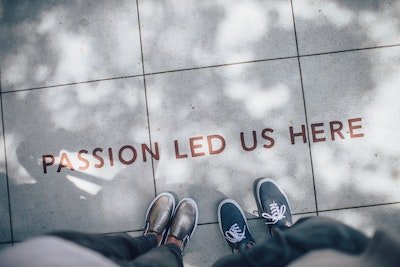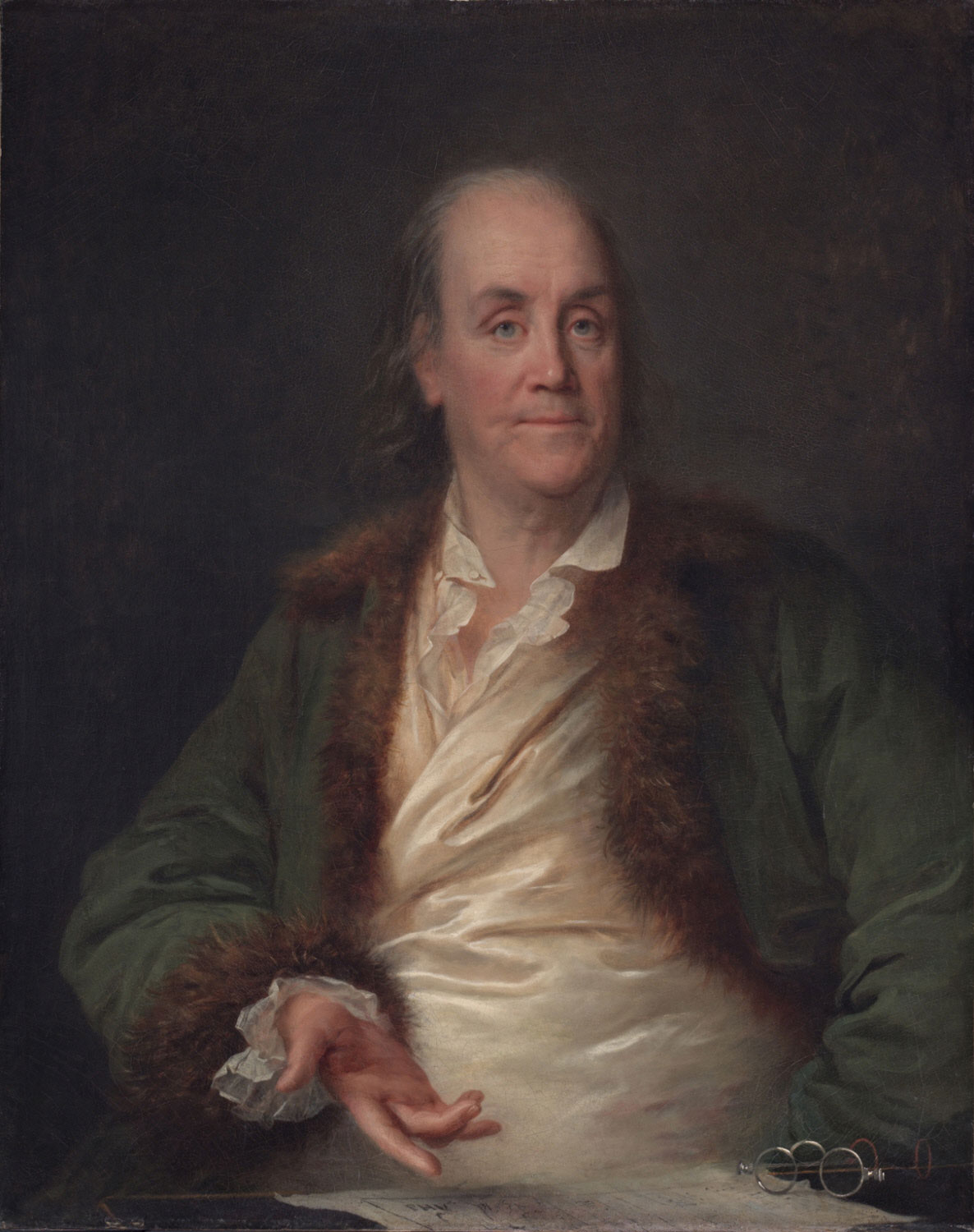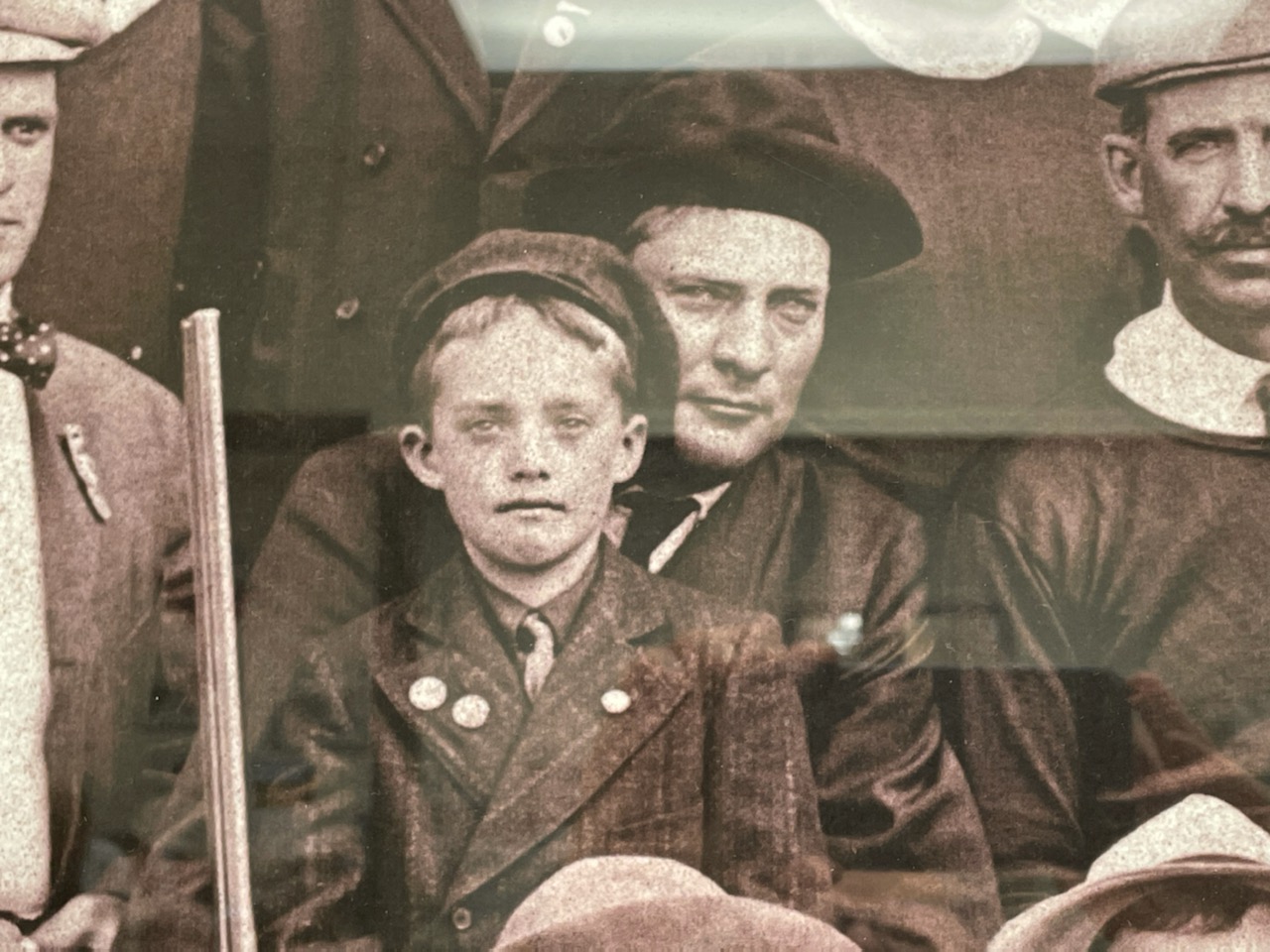Writing an Autobiography
"Doing It Yourself Doesn’t Mean Doing It Alone"
Writing an autobiography is not as daunting a task as you might think.
Everyone has memories and all you have to do is jar those memories loose and write them down.
If you want to create a literary work that you and others are proud of then taking the time to craft the words and tell the story in an informative, interesting and entertaining way will take some work. But, how to write an autobiography is not as difficult as you may think.

Photo by Ian Schneider on Unsplash
Start by understanding what an autobiography is.
Are you wondering just what is meant by autobiography?
Britannica.com states:
"autobiography, the biography of oneself narrated by oneself. Autobiographical works can take many forms, from the intimate writings made during life that were not necessarily intended for publication (including letters, diaries, journals, memoirs, and reminiscences) to a formal book-length autobiography."
Hmmm...ok, that's a mouthful. What that says is that if you write an autobiography it will be more than a "cut and paste" from your journal or diary, and that you will be going back into your memory and mining the past for those significant events in your life.
All types of people - rich and famous to average joe - are writing autobiographies.
Photo by Kristopher Roller on Unsplash

"I never thought I would write a book, frankly I was honor-bound really to dig deep And bring memories perhaps that had been suppressed for a long time I would have preferred perhaps to have remained in the sediment of my life.
But having done that, going through this process, I now feel so much better. I've really forgiven people in my life and I've forgiven myself I feel much lighter because of it so the process has been wonderful.
I'm advising everyone I meet, all my friends, people on the street 'Write your own book, whether you publish it or not, it feels really good'."
Sting
From an interview with Katie Couric on the Today Show (aired Nov 4, 2003). Sting (former lead singer for the rock group "Police" and solo artist) has written an autobiography entitled Broken Music

One of the greatest autobiographies written comes from the pen of the great American statesman, Benjamin Franklin. He wrote, "If you would not be forgotten, as soon as you are dead and rotten, either write things worth reading, or do things worth the writing."
Certainly he did many things worth reading about. You can view his autobiography on line here.
There are some easy things you can do to get started.
Even if your autobiography is not great prose you can still get down on paper some vital information to pass on to others.
To write an autobiography, begin with lists.
A highly recommended process is to create a Memory List. Write down the significant events and memories you want included. Use short sentences or phrases. Write as many of these as you can, but from your list you will focus on the 8-10 most important ones to form the basis of your personal history project.
Write down your favorite movies, music and authors. What are your favorite times of year, holidays, colors and places to visit? Who are the most important people in your life? List the dates of significant times and places in your life, like your birthplace, schools, relationships and jobs.
Discover more about the power of lists.
See, it’s easy to get started.
Even if the notes seem sketchy at first you will come back to them and write more. It’s bound to happen as you read over your lists and you will discover the joy of autobiography writing.

Most of us feel this project is too overwhelming or that no one will really care that much about our life to want to read our story.
That is so very wrong.
We all have unique experiences and memories to pass on to others. We have all learned a lot in the school of life. Your friends and family want to know about you.
If you haven’t already visited the What Story and Why page do that now for more reasons why writing your autobiography is a worthwhile endeavor.